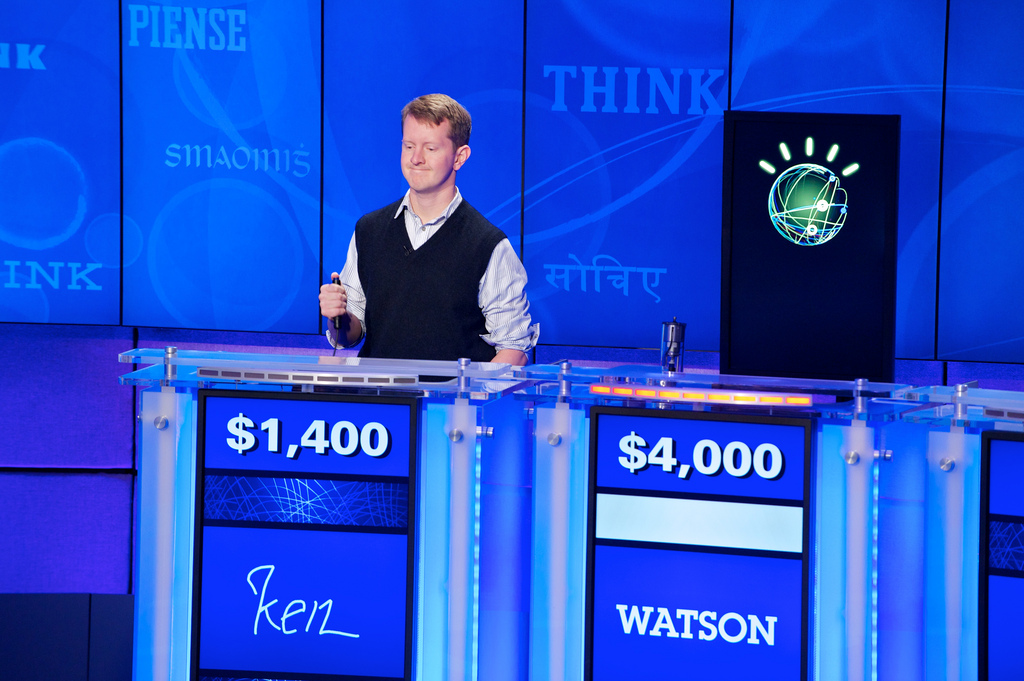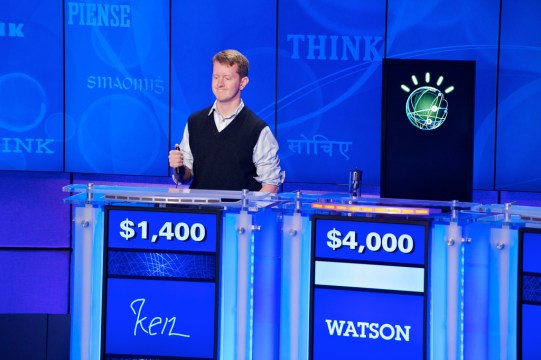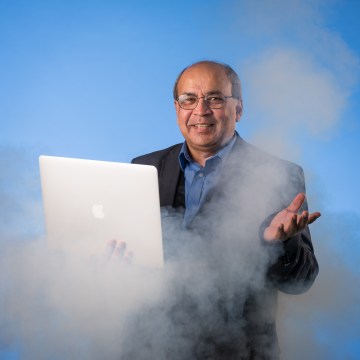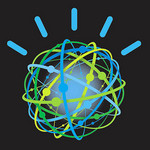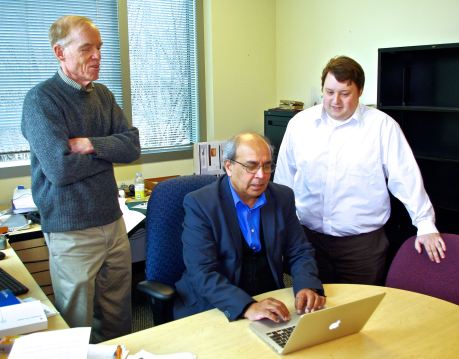IBM’s Watson computer technology made headlines with a victory over human contestants on the game show “Jeopardy!” in 2011.
Now the artificial intelligence computer system is winning over scientists with its other potential applications, including health care.
“Physicians cannot possibly read every journal to stay current with the latest advances,” says Ashok Goel, a professor in the School of Interactive Computing at Georgia Tech.
Cancer research is listed among the top medical topics demanding greater focus from professionals, because experts say that amount of medical information available doubles about every three years.
Goel believes there’s a better way to get the right information to the right physician using Watson, which has joined his team of students at Georgia Tech. He, his students and Watson are beginning this semester with biology basics.
In January, Goel and Georgia Tech revealed that Watson might be able to help with the overwhelming surfeit of knowledge, requiring the attention of scientists and computer experts engaged in computational work.
So much to read and digest
Goel is betting on Watson to help in a multitude of ways — first delving deeply into biology with his students and later working with oncology data. Goel is one of the handful of professors in the nation who has extraordinary access to Watson.
He hopes the future is close at hand.
“We may be able to take 20 years of research and reduce it to two years with Watson’s help,” states Goel. Given the complexity of medical decision-making, Watson has the potential to save lives and dollars.
“One of my former Ph.D. students is a computer scientist in the Watson Research Center at IBM,” says Goel. He is referring to J. William Murdock, who is part of the IBM team that applies technology to real-world applications such as health care.
Goel says there may be as many as 800 million biology articles that need to be consulted, including articles on cancer-related treatment and outcomes. According to IBM, Watson can extract patient case attributes and find clinical similarities, then provide a supporting rationale for treatment options in a much shorter time than humans can.
For now, Goel and his students are looking at biology-related implications. And they are hoping to support oncology work with upcoming government funding.
Two other prominent institutions taking advantage of this unique IBM arrangement are Carnegie Mellon and MIT. According to IBM, some of the nation’s leading technology institutions have launched cognitive computing courses with Watson’s help.
Watson at work
When interviewed, Goel speaks with exuberance about loading Watson with biological knowledge for the current semester. This includes public domain articles and relevant data from open-access journals.
“Students need that information to be readily accessible as they design problems and, with Watson’s help, develop practical and new solutions for the world,” Goel says.
For example, Goel explains the biology work this way: “What if you were living in a desert country, like Namibia, Africa? What if you needed to increase the water supply for a serious drought in Namibia? In fact it could easily be an area in the U.S.”
As Goel notes: “There are many solutions.” And he says nature has provided some amazing answers that might work out to be more cost-effective than the obvious response — shipping water to a drought-stricken area from somewhere else.
He hopes this creativity will go far beyond the classroom and feature student entrepreneurship.
For example, Goel talks about a small organism from nature, the Namibian beetle. This beetle, he says, uses tiny ridges on its back to collect water from fog. With enough data and background information, can scientists and engineers do that?
In other words, with the right research and resources, will they lead our next generation to natural solutions using fog? “If so, can we help replenish the world’s limited supply of water,” asks Goel?
Goel has enthusiastically shared such ideas on TED Talks and other public forums. To help explain biological concepts in ways that are useful and applicable to engineers and their projects, Goel and his team are developing an interactive online repository — the Design by Analogy to Nature Engine (DANE). This will serve as a dynamic and editable resource for both academics and industry.
According to IBM, health care and business professionals share their perspectives on the promise of Watson’s transformative technology, and its ability to completely change how patients interact with caregivers and consumers.
By partnering with top educational institutions across the country, the Watson Group empowers students from a wide range of disciplines for careers to move the “cognitive era” forward. This includes the IT developers who create the cognitive apps, entrepreneurs who commercialize the apps, and the business professionals who use them every day to succeed.
What’s ahead at Georgia Tech
Goel says Georgia Tech will “use interactive technology to read and understand articles that address targeted cancer therapy.” This is a complex process.
One scenario might include a cancer researcher who will select several biology articles or abstracts describing a model of acquired drug resistance in a specific type of cancer (such as lung cancer).
Using Watson, the researcher will have multiple corresponding functional models (from other cancer types) that can provide a detailed comparison, including what is similar, what is different and what is unknown.
In the future, Watson may be able to fill in some of our knowledge gaps about cancer. The American Society of Clinical Oncology currently estimates that by 2025, demand for oncology services will grow by 42 percent, while the supply of oncologists will only grow by only 28 percent — suggesting a serious deficit.
Health care professionals are already talking about Watson’s cognitive capabilities and how it is allowing them to personalize patient care in a way that’s never been possible before.
Judi Kanne, a registered nurse and freelance writer, combines her nursing and journalism backgrounds to write about public health. She lives in Atlanta.

